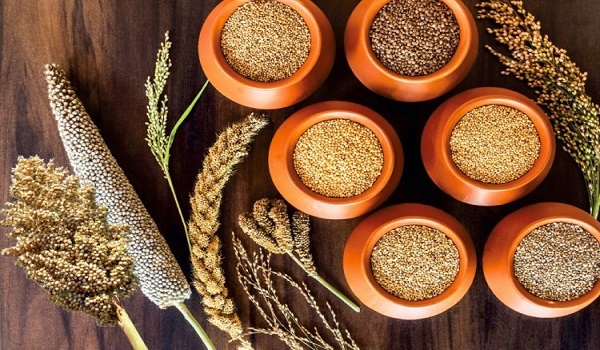Major consumer goods companies are revamping their approaches to overcome sluggish sales after cashing in on the government’s encouragement to boost millet consumption. The challenges include consumer perceptions of bland taste, high pricing, and difficulties in integrating millets into existing products without altering flavour or compromising shelf life.
Packaged food companies are recalibrating their millet-based product strategies after facing initial hurdles. Many have revisited their plans, relaunched products, and introduced 10–20 packs to encourage trials and raise awareness about health benefits. The focus is also on expanding outreach to local kirana stores.
For instance, ITC withdrew a multi-millet dosa batter and introduced roti, paratha, and dosa batter mixes with millets. Additionally, the company is incorporating millets into snacks and confectionery without increasing prices, aiming to overcome taste perception challenges through the launch of lower-priced packs.
Nestlé’s research and development team is collaborating with the Indian Institute of Millets Research and culinary experts to enhance the taste profile of millet-based products.
Parle Products plans to expand its millet-based biscuit portfolio with small packs priced at ₹20, while Bagrry’s India is introducing ₹10 sachets, similar to cornflakes or children’s cereal.
Commenting on the industry shift, Hemant Malik, executive director at ITC, stated, “The first and biggest issue to solve is the perception that the taste will be bad. Prices will gradually improve as production increases. We have put our might behind millets.”
Nestle India R&D head Jagdeep Marahar acknowledged the challenges in consuming and processing millets, emphasizing the importance of addressing taste issues due to the variety in size, hardness, and processing methods.
Companies like ITC and Nestle have committed to making millet-based products a significant part of their portfolios, with ITC’s Mission Millets aiming for almost one-fourth of new food launches to be based on these grains.
Mayank Shah, senior category head at Parle Products, highlighted that taste cannot be compromised, and the increase in demand has led to a rise in costs due to lower millet cultivation than demand.
Bagrry’s India director, Aditya Bagri, emphasized creating awareness at the shop level to encourage trials and adoption of millet-based products.
In the previous quarter, Hindustan Unilever (HUL) introduced millet-based chocolate Horlicks, Britannia launched millet bread, and Nestle unveiled ready-to-cook A+ Masala Millet. Several startups are also contributing to the growing market for millet-based products.
The United Nations, responding to the Indian government’s initiative, declared 2023 the International Year of Millets, aiming to raise awareness and increase production and consumption. India, among the top five millet exporters, shipped millets worth $75.46 million in FY23, up from $62.95 million in FY22, as per government data.


